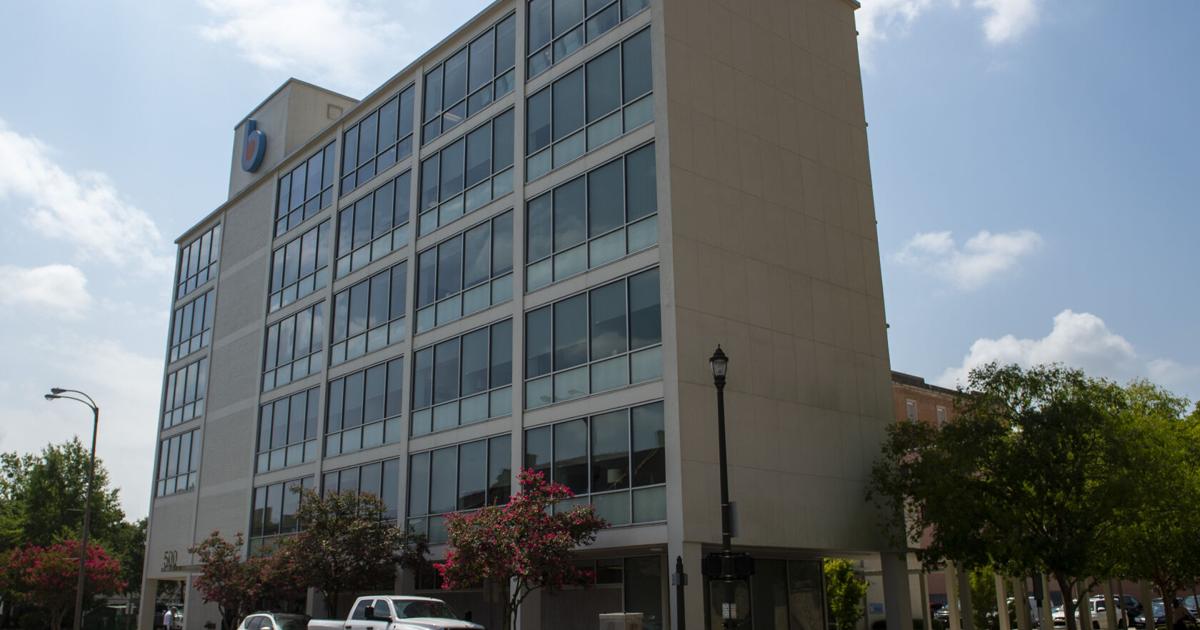
Over 16 years, Baton Rouge-based b1Bank has grown to be the largest bank headquartered in Louisiana, in terms of deposits.
The bank, which had more than $3.7 billion in deposits as of June 30, 2021, has grown thanks to aggressive moves. Over the past five years, b1Bank has quintupled in size by making investments, evolving and working hard, CEO Jude Melville said.
That runs against the stereotypes that community banks often face, he said.
“Community banks often get the reputation of being kind of sleepy and kind of head-in-the-sand and kind of against change,” Melville said.
He credits the bank’s success on its willingness to turn decision-making authority over to bank officials in all of the communities where b1Bank operates. The bank has 37 branches across Louisiana, six in metro Houston and three in Dallas-Fort Worth.
“One of the reasons for our success is that we haven’t been an ivy tower controlling everything from here at headquarters,” he said. “Community banking is very much about local interaction and that’s both on the production side, but also on the risk management side. It’s important to us that we know our communities and it’s important to us that we have decision-making in our communities.”
This attitude has guided b1’s growth, as it has moved into Texas. The focus was on joining with good banking partners and building locations where personnel worked, not on picking the perfect place to be.
“I said, who is my teammate? And where is their center of influence?” Melville said. “We’ll build our branch around that.”
Melville, who has been CEO since 2011, recently sat down with the media to talk about b1Bank and the state of the financial industry. His comments have been edited for length and clarity.
On the advice b1Bank is giving to its small business clients during the current environment of high inflation and rising interest rates:
“One of the things you want to do just in running your business in general is try to diversify that client base. That probably becomes even more important than at the time of recession.
“Here’s my probably most concrete banking-related advice. You want to go ahead and make sure that you have a relationship with a banker when things are good, so that when things are worse, you’re not introducing yourself for the first time. Right? So from a banking perspective, go ahead now and go in. If you don’t already have a relationship with a business banker start developing that. The best time to do that is when you don’t have a need.”
On the state of the national economy:
“There’s a good chance there will be a recession. I don’t really think that means necessarily that that it’s a great depression. I think there are a lot of good things happening out there and particularly our part of the world. The South in general is going to be the area of the country that grows the most, the next 10, 15 years. And that’s all gonna be a positive for us over time. We just might have a little bit of rocky period getting there.”
On cryptocurrency:
“There is a percentage of the population that is going to want to keep a percentage of their money in alternative currencies. So we can either say, ‘Hey, we’re not doing that’ and they can go elsewhere outside the regulated system, or we can figure out ways to help serve them in ways they want to be served. It’s certainly something we’re exploring.
“I do think it’s gonna end up being a permanent feature of our economic landscape. Now, does that mean that it takes over? No. there’s still a lot of power and stability and credibility in the dollar and in our cash circulation and that’s not going away tomorrow. Do I think though that that to 4% or 5% of the economy ends up in some form of digital currency? I would be surprised if it doesn’t. I don’t think this crash is gonna make it go away, but hopefully you can come back safer and more positive.”
On the state of overdraft charges, which are being waived by many national and regional banks:
“We have a little different view and a different client base than most large banks. So we view the ability to offer somebody an overdraft as a service. It’s a service provided to somebody usually in a time of need. There are a few alternatives other than payday lending, loan sharks or not paying your bills. The choice then is, ‘Can people access overdrafts or, or do they end up outside the banking system?’ And I think we would argue that keeping them in the banking system with reasonable, fair charges for what we provide is, is the right answer.”
This news is republished from another source. You can check the original article here

Be the first to comment